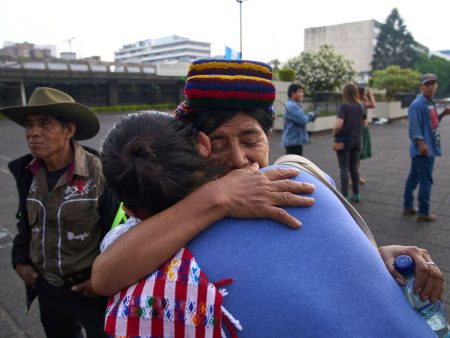The devastating Palisades Fire, which swept through Los Angeles County in 2021, left a trail of destruction in its wake, claiming over 5,000 structures, including a home with a significant musical legacy. This house, located on Alma Real Drive in Pacific Palisades, was where Robby Krieger, guitarist for the iconic rock band The Doors, crafted the lyrics to their groundbreaking hit, “Light My Fire.” The song, a cornerstone of psychedelic rock, emerged from the living room of this unassuming home in 1966, becoming a defining anthem for a generation and solidifying The Doors’ place in music history. The loss of this structure represents not just the destruction of a physical building, but also the erasure of a tangible link to a pivotal moment in rock and roll history.
While the home’s musical significance adds a layer of cultural loss to the tragedy, the fire’s impact extended far beyond this single property. The Palisades Fire ravaged through the community, impacting thousands of residents and drastically altering the landscape. Among those affected were Claudio and Kathleen Boltiansky, who had owned the Alma Real Drive property since 2000. For them, the fire represented more than the loss of their home; it symbolized the fragmentation of a community they cherished. The Boltianskys, like many others in the area, faced the daunting task of rebuilding their lives and their neighborhood, while grappling with the emotional toll of witnessing their community reduced to ashes. Their story underscores the wider narrative of the fire’s impact, moving beyond the purely material devastation to encompass the disruption of lives, relationships, and a shared sense of place.
The Boltianskys, despite the enormity of their loss, maintained a resilient spirit. They articulated their intention to rebuild their home on the same site, envisioning it as their “forever home,” a testament to their enduring connection to the community. They also expressed hope for the resurgence of the entire neighborhood, emphasizing the importance of human connection in the face of such adversity. Their focus on the strength of the community, encapsulated in the phrase “Pali Strong,” highlighted the importance of social bonds in overcoming collective trauma. They viewed the community not simply as a collection of buildings, but as a network of relationships that would ultimately endure and rebuild.
In their conversations with the Los Angeles Times, the Boltianskys also sought to dispel misconceptions about Pacific Palisades, challenging the perception of it as an exclusively affluent enclave. They underscored the area’s history as a more affordable community, accessible to a wider range of residents before the soaring property values of the 2000s. This perspective sheds light on the diverse socio-economic fabric of the neighborhood, reminding us that disasters affect individuals across the economic spectrum, even within areas perceived as affluent. The fire’s impact transcended economic boundaries, underscoring the shared vulnerability of a community facing a common threat.
“Light My Fire,” the song born within the walls of the now-destroyed home, reached the pinnacle of the Billboard Hot 100 chart in January 1967, shortly after its release on The Doors’ self-titled debut album. Its reign at the top of the charts lasted for three weeks, cementing its status as a cultural phenomenon. The song’s influence extended beyond its commercial success, shaping the landscape of psychedelic rock and becoming an enduring anthem of the era. Its blend of poetic lyrics, evocative instrumentation, and Jim Morrison’s distinctive vocals captured the spirit of a generation grappling with social and political change. The song’s enduring popularity speaks to its timeless quality, resonating with listeners across generations and solidifying its place in the annals of music history.
The destruction of the home where “Light My Fire” was written serves as a poignant reminder of the fragility of physical structures and the enduring power of artistic creation. While the house itself is gone, the song’s legacy continues to resonate, transcending the physical realm. The fire’s impact serves as a microcosm of larger societal issues, highlighting the importance of community resilience, the challenges of rebuilding after disaster, and the need to recognize the diverse experiences within seemingly homogeneous communities. The story of the lost home, interwoven with the story of “Light My Fire,” becomes a symbol of both loss and enduring legacy, a testament to the power of music to transcend time and circumstance.










